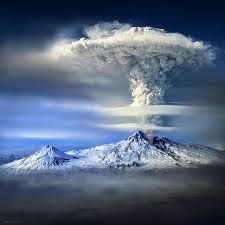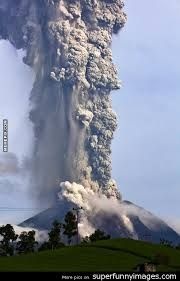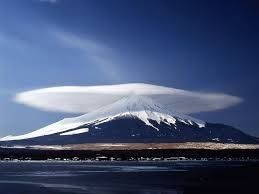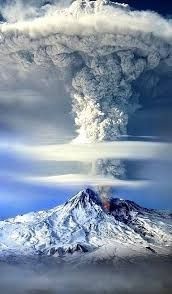Mount Ararat (Armenian: Արարատ or Masis Մասիս; Turkish: Ağrı Dağı, see below for its other names and etymology) is a snow-capped and dormant compound volcano in Turkey. It consists of two major volcanic cones: Greater Ararat, the highest peak in Turkey and the entire Armenian plateau with an elevation of 5,137 m (16,854 ft); and Lesser Ararat, with an elevation of 3,896 m (12,782 ft).[5]
The Ararat massif is about 40 km (25 mi) in diameter. The Iran-Turkey boundary skirts east of Lesser Ararat, the lower peak of the Ararat massif. It was in this area that, by the Tehran Convention of 1932, a border change was made in Turkey's favour, allowing it to occupy the eastern flank of Lesser Ararat.[6]
Mount Ararat in Judeo-Christian tradition is associated with the "Mountains of Ararat" where, according to theBook of Genesis, Noah's Ark came to rest. It also plays a significant role in Armenian culture and nationalism. The mountain can be seen on the coat of arms of Armenia.







